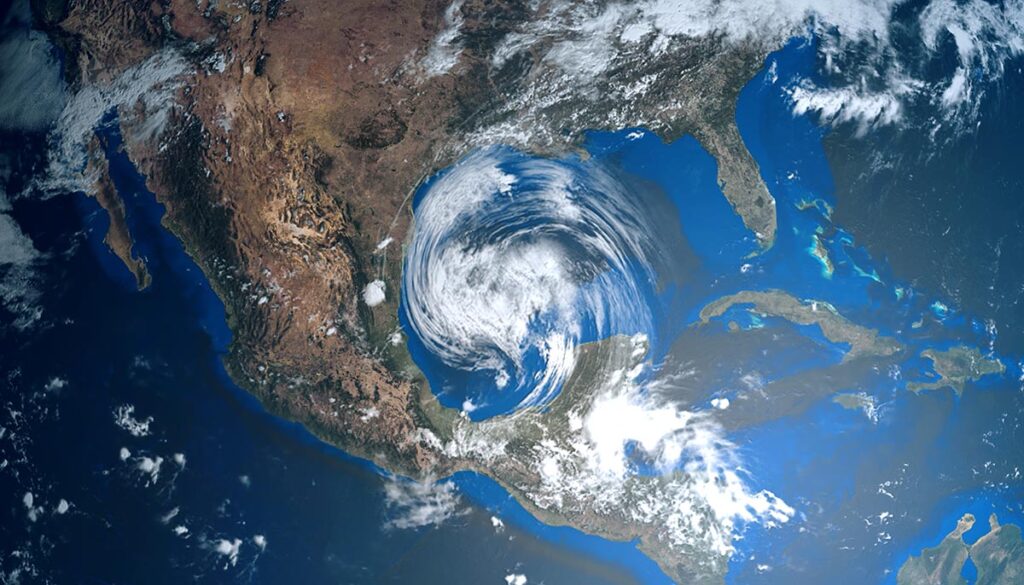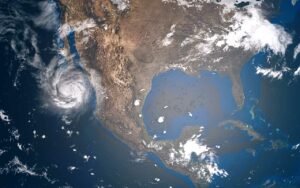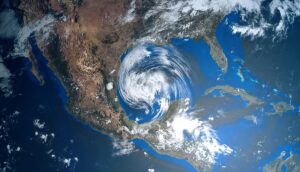Scientists have long argued that insects are an excellent source of protein for humans, but they recently learned that the waste from insect-derived food has a positive impact on plants and promotes sustainable crops.
Humans need to eat more insects for protein, scientists say
We’ve all heard talk about good sources of protein for health, but scientists argue that most humans avoid consuming one of the best: Insects.
Scientists have long argued that humans should move away from consuming so much of their protein from farm-raised livestock and move toward adding more insect protein to their diet.
The benefits of insects vs. livestock for protein
There are several benefits to consuming insects for protein versus livestock.
First, because insects’ waste and their consumption are used to fertilize plants, it creates a circular food system.
Second, it requires approximately 25 kilograms of grass to produce one kilogram of beef. The same grass can produce ten times as much edible insect protein. This largely has to do with the conversion rate, meaning that 90% of an insect’s body mass is edible instead of only 40% of a cow.
Waste from insect consumption has positive impact on plants, scientists find
New research, published this week in the journal Trends in Plant Science, reveals a huge benefit to using waste from insect-as-food-and-feed production to promote sustainable crops, Science Daily reported.
In the study, the researchers argued that waste from insect consumption enhances plant growth, health, pollination, and resilience, leading to the production and promotion of sustainable crops.
The researchers stated that insects’ waste leaves behind two nutrient-rich materials that are beneficial to plants.
The first is called exuviae, the exoskeletons left behind after molting. The second is called frass, (a German word for eating), essentially insect feces and unconsumed food.
Researchers found that when exuviae and frass are added to the soil, it promotes plant growth and health. Insect feces is rich in nitrogen, a nutrient that is essential to plant growth and is scarce in most soils. Nitrogen is often added to synthetic fertilizers to help plants grow.
Insect exoskeletons are rich in chitin, a polymer that is difficult for most organisms to digest. However, there is a set of bacteria “that can metabolize chitin, and those microbes help plants to be more resilient to diseases and pests,” researchers said.









